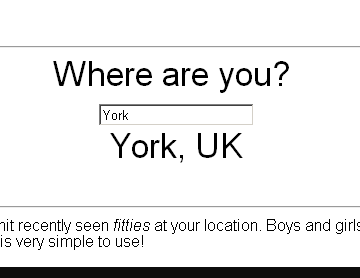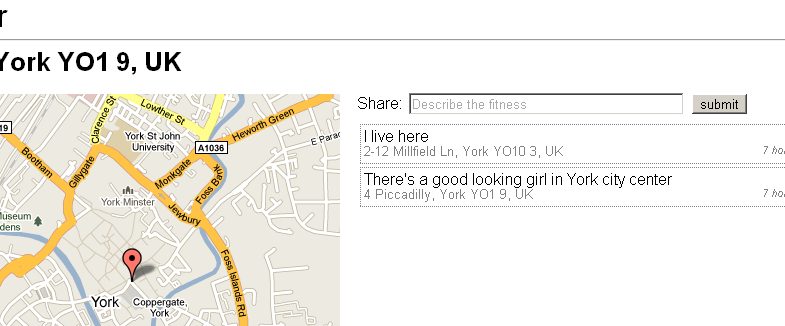O2 Scraps Unlimited Data Plan
| 0 comments |UK phone network O2 has scrapped unlimited data downloads for smartphone customers. All new and upgrading customers will have their usage capped at between 500 Megabytes (MB) and one gigabyte (GB) depending on their monthly tariff. Analysts said the move was 'inevitable' as more and more consumers switch to data-intensive smartphones that can surf the web and show video.
Oh no! - or that's what I first thought but when I headed over to my iPhone to see what my 'Cellular Network Data' usage was like, I was quite shocked! The figures shown here are my total use over the whole life of my phone, which currently stands at 8 months.

So it looks like I am not within the 3% that will need to be worrying about the data caps.
Thinking about when I am downloading 'big things', mainly podcasts and music, I am on Wi-Fi. When travelling to Leeds, I did use the 3G connection quite heavily but it seems that what I was doing, was not that data intensive - good to know for the future.
These caps make sure that everyone gets a fair chance to use the network without the data hoggers ruining it for everyone.
GeoTagging Application: LocalTags
| 0 comments | html5Inspired by the fitfinder site, I wanted to make use of HTML 5's Geo Location API to allow a fast way for posting a comment at your location.
I looked into how to find out the name of a place after been given GPS co-ordinates by the browser. Google has a good API called reverse geocoding which you can submit co-ordinates to and get returned a nicely formatted address.
You also may want to search for a different place or may not have a HTML 5 compatible browser (IE) so need to enter your location manually - to do this the geocoding API was used. The user starts typing a place name and a search is done, returning a place name along with it's co-ordinates.

The Maps API then displays the location along with comments posted near there, +/-0.02 of its co-ordinates. You can then submit your own comment and move the marker to exactly where you are talking about.

All that is then stored in a database is the exact co-ordinates of the comment, the text and the time.
This is now available to play with at dyl.anjon.es/localtags
The Journey of the Bike
| 0 comments | trains bike


This Weekend: Rugby + Stereophonics
| 0 comments |